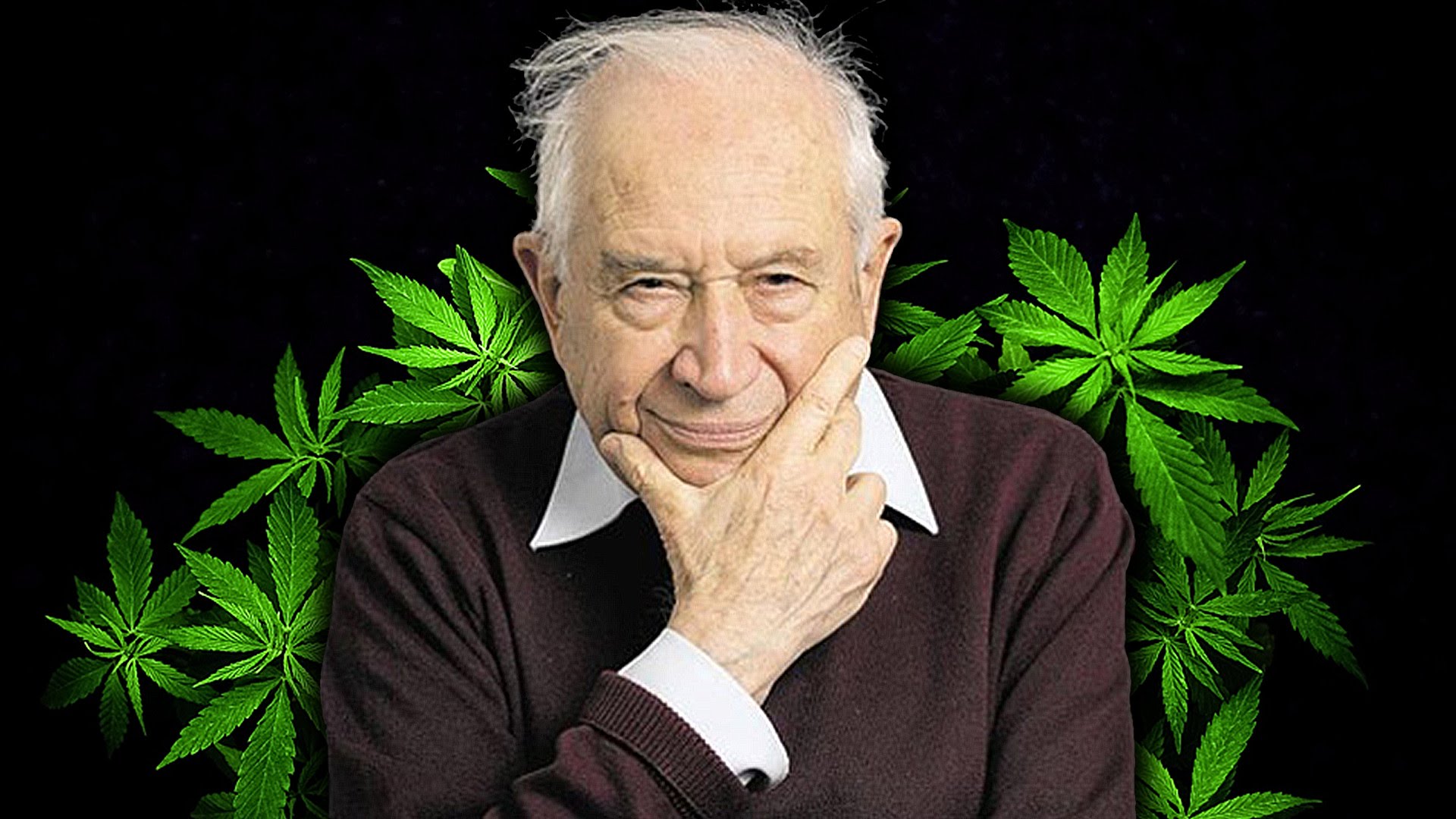
Even though it has been used medicinally and recreationally for at least 5,000 years, marijuana is still heavily regulated in most countries around the world. In fact, at the time of writing, only Uruguay has properly ‘legalized’ weed (although Canada is following suit) and even then, there are caveats. Meanwhile in the United States, only nine states (plus D.C.) allow people to smoke weed for leisure and the plant is completely banned in 21 states.
Marijuana has been a Schedule I drug since 1970 which means it is extremely difficult to research it in the United States. Fortunately, there are ongoing studies around the world as scientists understand the potential of the plant. We owe these men and women a great deal of gratitude, and arguably, no one deserves more plaudits than the weed godfather, Doctor Raphael Mechoulam. In the last half-century, he has been involved in many of the most important cannabis discoveries so we will use this article to pay tribute to the great man and outline his research and its impact.
Who is Dr. Raphael Mechoulam & Why Did He Choose to Study Marijuana?
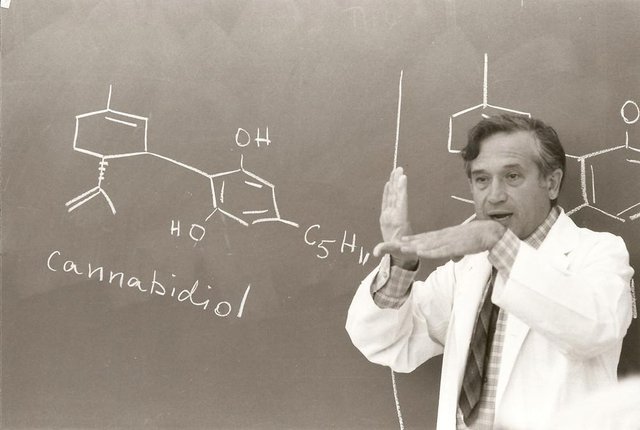
Raphael was born in Sofia, Bulgaria, in 1930. His parents were Sephardic Jews, and the family had to leave their hometown because of Nazi persecution. Raphael initially began studying chemical engineering at the tender age of 13, but he disliked it immensely. The Mechoulam family moved to Israel in 1949, and it was here where he began studying chemistry.
Raphael finished his doctorate in biochemistry at the Weizmann Institute of Rehovot in 1958 after earning his masters. He said that he only started looking for research projects at the age of 34. Intriguingly, he has only used weed once in his life, in the early 1960s. According to Raphael, he chose cannabis. Not because he loved weed, but because he was searching for an original subject.
After sourcing articles in several languages, he realized that there was little in the way of chemical knowledge about cannabis compounds. It was a source of great surprise to him because cocaine had been isolated from the coca leaf, morphine had been isolated from opium, but no one had ever properly studied the chemistry of cannabis.
One day, Raphael asked the Weizmann Institute’s director to help him find weed for study purposes. The director persuaded the police to donate five kilograms of Moroccan hash that they had seized. The ensuing test changed the course of history and eventually led to thousands of marijuana studies.
Initial Findings
Raphael and his research partners revealed the structure of CBD in 1963 and the following year; they isolated the famous intoxicating compound of weed, THC. During his research, Raphael was amazed to find that THC was the only compound to make the test monkeys look sedated and drunk. Apparently, he took a dose of THC home and asked his wife to add it to her cake recipe. It was the only time he ever got high, and he also observed the effects of weed on his friends.
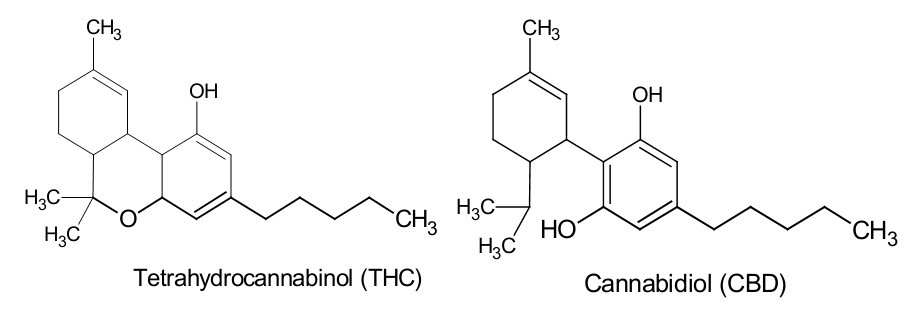
It was the beginning of a long line of research which showed that THC activates certain receptors in the brain. Marijuana compounds work with the receptors to protect against an array of medical conditions and symptoms including nausea, anxiety, chronic pain, and depression. Raphael had briefly studied in the United States (1959-1960) but found that when he wanted to perform tests over there in the 1960s, its National Institute of Health (NIH) refused to give him a grant to specifically study cannabis. Nonetheless, it sent representatives to Israel to find out about Raphael’s studies.
The Rise of the Good Doctor
Raphael later admitted that he only expected his research to be a short project. He was shocked when his initial findings led to a chain of events that changed the face of modern science. He became a professor at the Hebrew University of Jerusalem in 1972 and was rector at the institute from 1979 to 1982. After his findings in the early 1960s, he continued to isolate other cannabis compounds, and today, we know that there are over 100 with many yet to be discovered.
Along with Lumir Hanus and Bill Devane, Raphael was the first to identify an endogenous cannabinoid in the brain in 1992. He said that his team believed the body had compounds that activated this receptor and the researchers found a compound in the body that activates with cannabinoid receptors. The group decided to call it ‘Anandamide’ which is a Sanskrit word meaning supreme joy.
The discovery of the CB1 receptor, Anandamide, and the CB2 receptor, showed that the human body had a system of compounds and receptors akin to those found in weed.
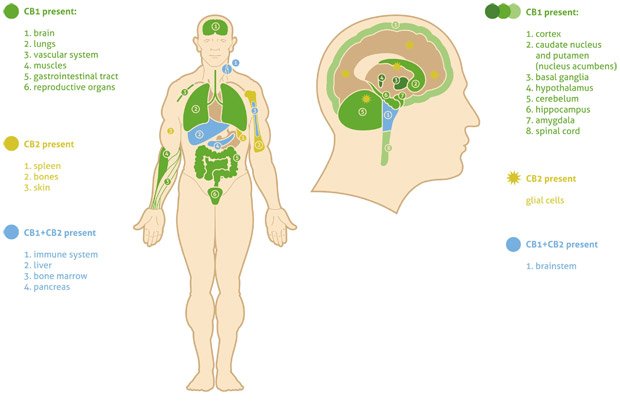
The team called it the Endocannabinoid System (ECS) and Raphael explained that virtually every illness is related to the ECS. For example, producing too little dopamine increases the risk of Parkinson’s. If the levels of Anandamide and other endocannabinoids remain stable, our body will perform most of its functions correctly. In the event of an unbalance, weed could potentially cure a wide range of ailments.
In 1995, Raphael and his team discovered another endogenous compound which they called 2-AG. While there is more of it in the body than Anandamide, this neurotransmitter is significantly less potent.
Recent Research
At the time of writing, Raphael is 87 years of age, and he still turns up at the Hebrew University in Jerusalem even though he officially retired 20 years ago. He continues to collaborate with scientists and students all over the world and in 2017, he spoke at the first conference of the Institute of Cannabis Research at Colorado State University’s Pueblo location. In his speech, he called for the rescheduling of CBD. He pointed out that it makes no sense that a non-addictive, non-toxic substance has the same classification as heroin.
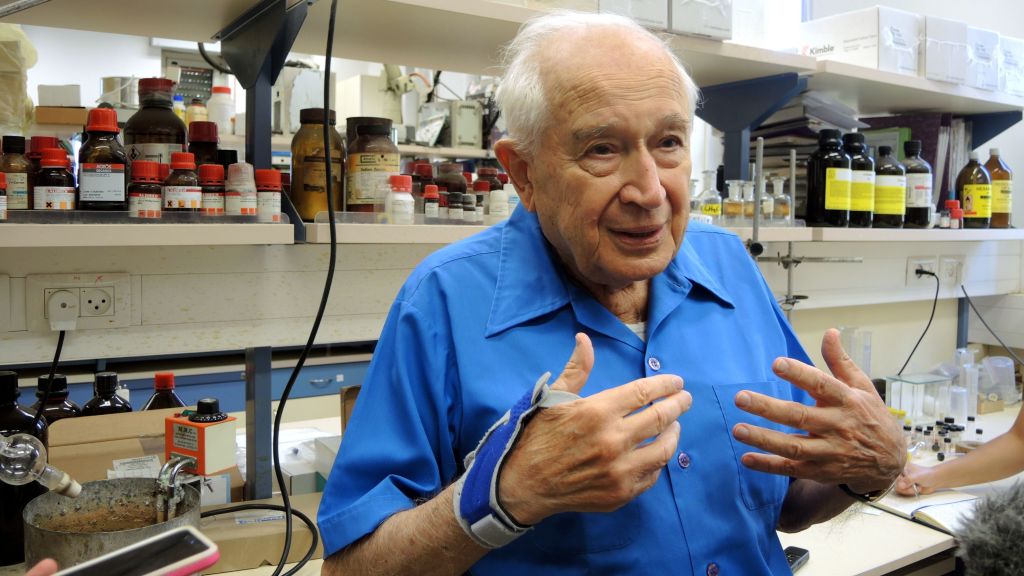
Raphael has won a host of awards for his work but he only gained the recognition he deserves in recent years. His accolades include the Israel Prize in Exact Sciences – Chemistry in 2000, a NIDA Discovery Award in 2011, and an EMET Prize in Exact Sciences – Chemistry in 2012. Although he has dedicated his life to cannabis research, Raphael has attained a healthy work-life balance and has been married for over 60 years. He enjoys spending time with his grandkids when he isn’t changing the face of science.
Final Thoughts on Dr. Raphael Mechoulam
Raphael’s research includes an estimated 400 scientific articles, and his work has been cited at least 100,000 times! Without his incredible efforts, we would be stuck in the Dark Ages in terms of cannabis research. Unfortunately, he probably won’t be around to see the day when someone can put his findings to good use and advance the science into the application of medicine.
Raphael believes it will take at least a decade before a Big Pharma company decides to conduct a clinical trial on CBD and its ability to prevent and treat Type 1 diabetes for example. What we should know is this: If and when we make the next breakthrough, we have Dr. Raphael Mechoulam to thank for making it possible.
SOURCE
http://www.independent.co.uk/life-style/health-and-families/health-news/marijuana-expert-never-smoked-joint-raphael-mechoulam-medical-cannabis-research-thc-a7658731.html
https://www.vice.com/en_uk/article/mvxde4/raphael-mechulam-father-cannabis-discover-thc
https://www.marijuanabreak.com/the-father-of-modern-cannabis/
https://www.israel21c.org/the-israeli-pharmacologist-who-kick-started-marijuana-research/
https://www.cannabis.info/en/blog/dr-raphael-mechoulam-worlds-foremost-cannabis-reseacher
http://nocamels.com/2013/09/professor-raphael-mechoulam-the-father-of-marijuana-research-talks-to-nocamels-about-his-studies-and-breaking-the-law-in-the-name-of-science/
https://www.thecannabist.co/2017/04/30/raphael-mechoula-cannabis-research-cbd/78654/
https://www.fundacion-canna.es/en/endocannabinoid-system
This is the person we need to see advocating pot, in the public eye. The more extraordinary people that are involved the better press and backing. It's not right but it's what works.
Downvoting a post can decrease pending rewards and make it less visible. Common reasons:
Submit
It needs to get off schedule 1 so more research can be done. I have a feeling there's a lot more benefits to the plant than we even know about.
Downvoting a post can decrease pending rewards and make it less visible. Common reasons:
Submit
He is an all around great guy to be representing anything- he is smart, hard-working and has dedicated his entire life to research, not propaganda.
Downvoting a post can decrease pending rewards and make it less visible. Common reasons:
Submit
More research on the medical uses! And imagine the hemp products?
Love it!
Downvoting a post can decrease pending rewards and make it less visible. Common reasons:
Submit
This post has received a 2.16 % upvote from @boomerang thanks to: @medicalmarijuana
Downvoting a post can decrease pending rewards and make it less visible. Common reasons:
Submit
This was interesring.
Downvoting a post can decrease pending rewards and make it less visible. Common reasons:
Submit